If you memorize everything in college, you’ll soon realize it is the biggest mistake you could ever make. Not only is it annoying to do, but it’s also not practical. So what should you do instead of memorizing everything?
Write down everything you learn in a way that makes sense to you. Make sure it can be easily scanned and digestible. This means you can quickly look back to your notes and immediately remember what you wrote.
This is the concept of having easily digestible content. It’s the opposite of what professors do when they explain things in a way that’s harder than it actually is.
College forces you to memorize?
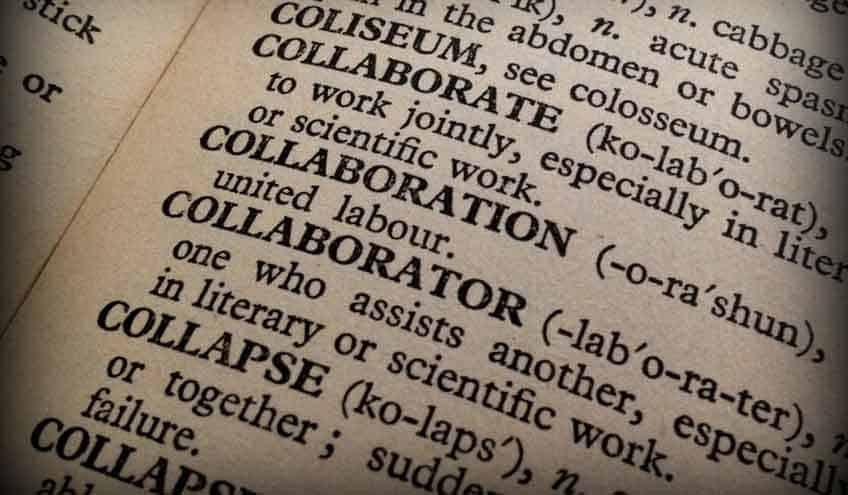
I’d like to quickly mention that if your courses don’t force you to memorize everything, don’t!
From my experience, the majority of quizzes, tests, and exams are full of textbook definitions and other things that you could look up in a second.
So like I said at the start of this guide, always write things down in a way that makes sense to you. You should never write down notes word for word. You want the information you write to be easily scanned and again, digestible.
This means you shouldn’t have to read full, lengthy sentences just to get the main ideas or points you’re trying to say. The more clear and precise your notes are, the better you’ll understand the material.
Here’s an example of what I do.
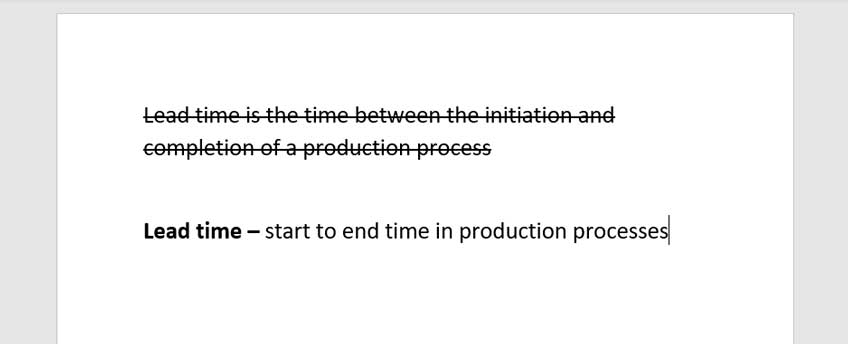
If my professor has on the PowerPoint: Lead time is the time between the initiation and completion of a production process (Google definition).
I would simply write down: Lead time – start to end time in production processes.
This is exactly how I would write down that definition because it makes sense to me, and it means the same thing. Even though it’s only a couple of words less than the PowerPoint definition, it visually looks a lot shorter and it’s easier to say out loud.
This is what I mean by information that is easily scanned and digestible.
Memorizing for good grades?
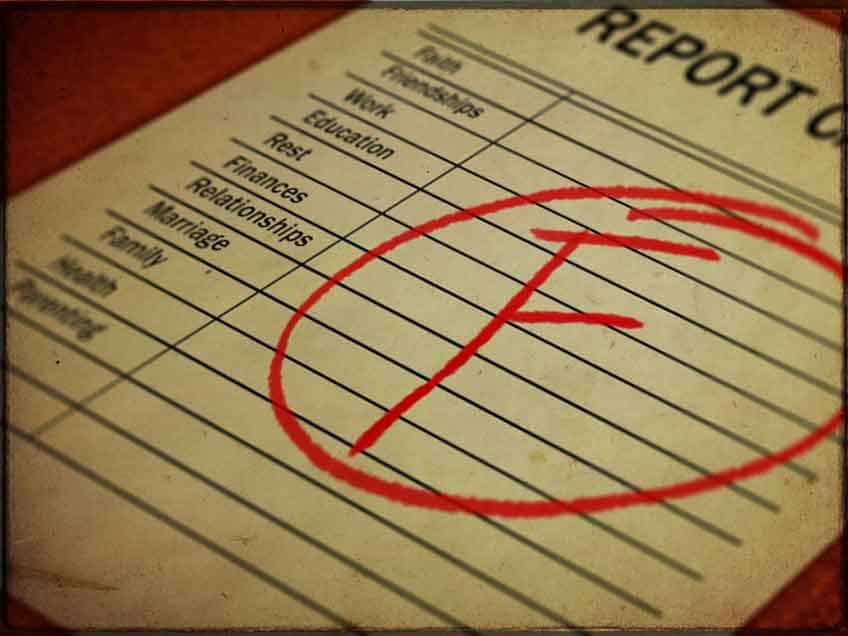
Let me first say that I thought being able to memorize everything would get me good grades. There are two problems with this way of thinking:
- Yes, you can get good grades, but you don’t really learn anything. An hour after you learn about something, you forget 50% of it. Within a day or two later, you’ll forget around 70% of it. The only way to memorize most of what you learn is through repetition. You have to go through the same things over and over until it is engraved in your memory. Sounds fun right?
- Memorizing everything just to receive good grades won’t help you apply what you “learn” in the real world. You can memorize all you want, but when it’s time to get to work, you’re going to get lost and confused. Why? Because you don’t understand the material you’re learning, you’re just memorizing. When you actually understand the material you learn, you’re able to actually apply it in a real-life setting.
Some students can get good grades through memorization, but when it’s time to work, they have no idea what to do.
Sure, they can spout definitions, formulas, and theories, but none of those will help drive results. I want to make it clear that memorizing key concepts and ideas is a good idea. It’s just the idea of memorizing everything where instead you should be understanding it is bad.
How my alternative to memorization helps you get better grades

If you use my alternative to memorizing everything in college, you’re going to do better on your tests and exams. You will even do better on your homework and assignments.
Related: Don’t Understand How to Complete a School Assignment?
I’m going to explain how using the lead time example I talked about earlier. When I said I would write down the definition as:
Lead time – start to end time in production processes instead of the longer definition on the PowerPoint, that will prepare me for any multiple-choice, matching, or fill in the blank question (which is 90% of our assessments).
Because my definition means the same thing as the PowerPoint definition, I’ll be able to answer any style of question that asks me to define lead time.
I understand that it’s the start to end time in a production process, so that’s all I have to look for in the question, even if it’s worded differently.
This same process works for longer questions too.
It doesn’t matter if it’s a series of 5 steps or a list of 10 things. As long as you made your study notes scannable and digestible, you should do fine.
The long list trick
If you’re trying to understand a big list of things, use what I call the list trick.
This is where you create an acronym using one keyword from each item in the list. Choose the keywords carefully as they should remind you what the items in the list are about. Here’s an example:
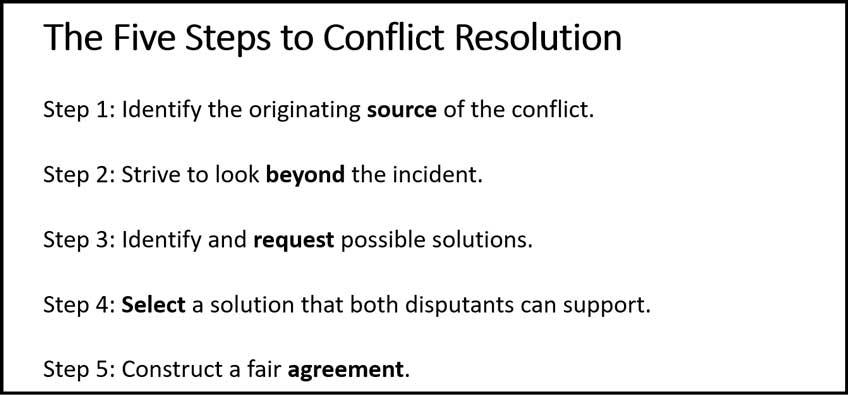
If you’re asked to explain a 5 step process, simply write out the acronym and do your best to recall each step of the acronym.
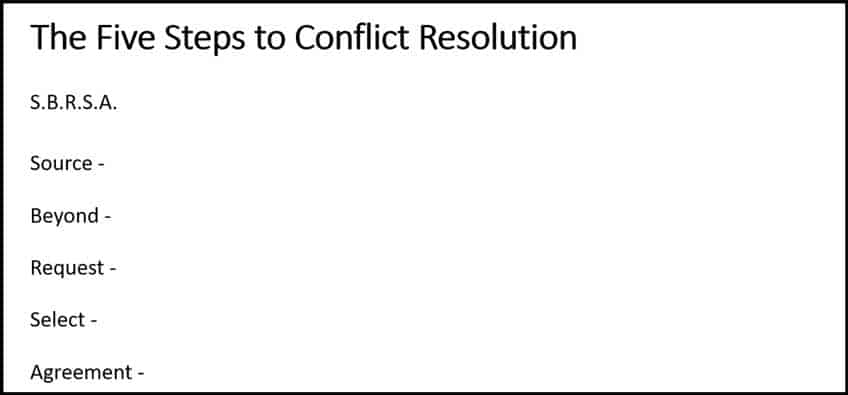
Still not convinced memorizing everything is bad?
If you don’t know me, I’m a marketing student, which means there’s a lot of theory in my field. The goal of marketing is to deliver a business’ products and services to the right customers, helping the business be profitable.
That being said, do you believe that there are processes or set of theories that marketers can memorize to ensure we market profitably?

Heck no.
If that was true, every business would be rich. If that didn’t make sense, let me give you a more specific example using basketball.
Don’t memorize what jumping does to your shot, instead, understand how jumping affects your shot. This gives you an understanding of what jumping does so that you can come up with your own conclusions. You can verify these conclusions by testing things out.
It’s important to understand how rather than what in this situation because your jump shot is going to be different from someone else’s. How you jump may not be the same as how they jump.
Therefore, memorizing what jumping does to your shot doesn’t give you any valuable information – it’s just theory.
I hope this made sense, but it didn’t, make sure to leave a comment down below to let me know.
Conclusion
Memorizing everything in college is going to get you nowhere. If you want to get the most out of your college years, you need to be able to retain the information you learn.
Use the tips and methods I listed to help you get better grades, retain information, and prepare you for the workplace!
Do you memorize everything in college? If so, let me know how school is going for you, I’d love to hear about it.
What did you think about this blog? Comment below! Also, subscribe to my newsletter for updates on new content, including videos on YouTube!


